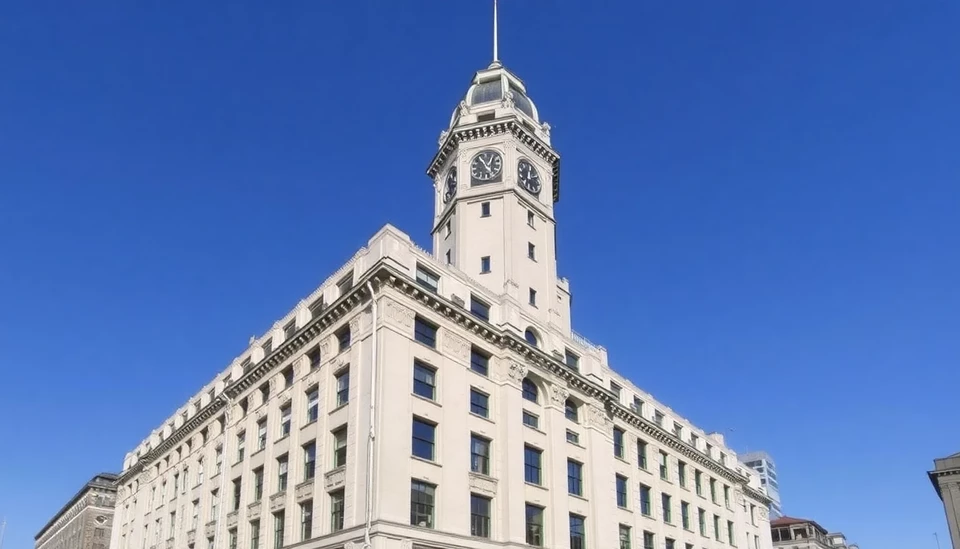
In a bold move that marks a significant shift in its operational strategy, Lloyd’s Register has announced its plans to sell its current modern headquarters located in the heart of London. The historic organization, known for its maritime safety and risk management services, is preparing to relocate back to its traditional Victorian headquarters—a site that carries deep historical significance for the company.
The decision to part ways with the contemporary office space is not merely a step back in time; it is an intentional effort to connect with the organization’s rich legacy and heritage. Lloyd’s Register, which has been a prominent figure in global safety standards since its inception, is looking to leverage the charm and nostalgia of its former site to strengthen its brand identity while retaining the progressive ethos that defines modern business practices.
The current headquarters, which was built approximately 20 years ago, has been a state-of-the-art facility that symbolizes the evolution of the company in the 21st century. However, an internal review indicated a desire to embrace a more historical environment that reflects the company’s longstanding values and tradition. By moving back to its Victorian roots, Lloyd’s Register aims to reinforce its commitment to its historical mission while fostering a sense of community and connection among its employees.
Lloyd's Register's return to its original location is poised to offer a multi-faceted approach to work culture, blending modern work practices with historical aesthetics. The Victorian building showcases stunning architectural elements and offers a conducive environment for collaborative working. This strategic shift is expected to reflect positively on employee morale and productivity, as well as enhance client perceptions of the company.
As part of the transition, the organization will seek to ensure that the new work environment accommodates modern technological needs, thus creating a unique balance between the old and the new. This exciting move is anticipated to be well-received by stakeholders as well as the local community, who will benefit from Lloyd’s increased engagement in the area.
With the sale of its modern tower, Lloyd’s Register is also expected to secure a lucrative financial transaction, which could bolster further investments in its projects and initiatives. The company’s leadership views this transition as not only a return to its historical roots but also as a pivotal moment to reinvigorate its vision for the future.
As the organization embarks on this transformative journey, it remains committed to its core mission of ensuring safety and compliance across various industries, all while embracing its past. The blend of historical significance with contemporary efficacy is an inspiring narrative of how legacy organizations can adapt and thrive in the modern age.
This development has sparked considerable interest in the corporate world, with many industry experts keenly observing how companies balance modern operational strategies with traditional values. Lloyd’s Register’s commitment to preserving its heritage while advancing its role in contemporary sectors serves as a remarkable example for others to follow.
As the plans unfold, both employees and stakeholders of Lloyd’s Register are eager to witness how this return to its roots will shape the company’s future ambitions and corporate culture.
Follow this story as it develops in the coming months.
#LloydsRegister #CorporateRelocation #VictorianHQ #LondonRealEstate #CompanyNews #HeritageAndInnovation
Author: Samuel Brooks




